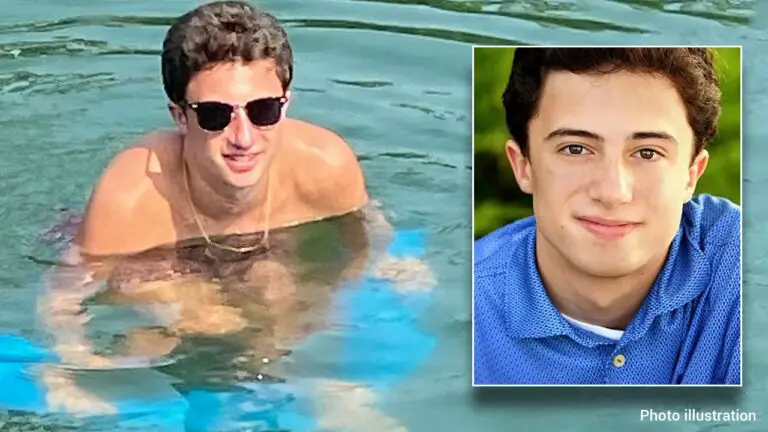Challenges in Prosecuting College Hazing Cases, Expert Explains
Prosecuting college hazing incidents poses difficulties for prosecutors, leading to potential hesitations in pursuing such cases, according to a former assistant U.S. attorney.
Neama Rahmani, a former Assistant U.S. Attorney, discussed the challenges of prosecuting college hazing incidents with Fox News Digital. These cases are intricate due to factors like victims’ reluctance to come forward and the secrecy surrounding the incidents.
Rahmani pointed out that even willing victims, particularly male victims, may fear being labeled as informants if they report to law enforcement or their universities.
Prosecutors’ aversion to losing cases and the resistance to prosecuting risky cases also contribute to the complexities of addressing hazing incidents.
Legal Hurdles and Implications for Universities
Rahmani emphasized that prosecuting cases involving coercion or peer pressure to engage in certain acts is tough.
He suggested that the responsibility should be placed on universities and organizations to prevent hazing. He raised concerns about potential legislation aimed at criminalizing hazing, noting that such laws might face challenges in court.
The difficulty lies in determining where the line is drawn between personal responsibility and peer pressure-induced behavior.
Recent Hazing Case: Tragic Outcome
A recent case involving a University of Missouri fraternity member highlights the tragic consequences of hazing.
Daniel Santulli, 18 at the time, participated in a fraternity ritual that involved consuming a whole bottle of vodka under pressure. The incident led to severe health issues, including cardiac arrest and permanent injuries.
The fraternity member responsible for supplying the alcohol, Alec Wetzler, pleaded guilty and received a jail sentence along with probation and a fine.
Broader Issue of Hazing
Hazing is not limited to college fraternities, as evidenced by a Northwestern University football program scandal. Accusations of ongoing hazing practices within the program prompted the university to fire the head coach, Pat Fitzgerald.
The hazing included demeaning acts, and although the investigator did not find evidence that Fitzgerald was aware of the hazing, questions arose about his knowledge.
Former players spoke out about the systemic nature of hazing within the football program, leading to broader discussions about accountability and cultural change.
Conclusion
Prosecuting college hazing incidents is a complex challenge, marked by victims’ reluctance, legal complexities, and institutional accountability. The recent cases shed light on the urgency of addressing hazing practices to ensure the safety and well-being of students on campuses across the country.

